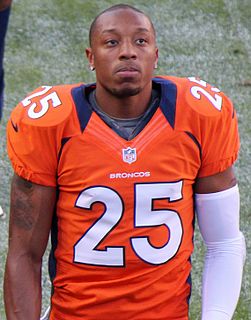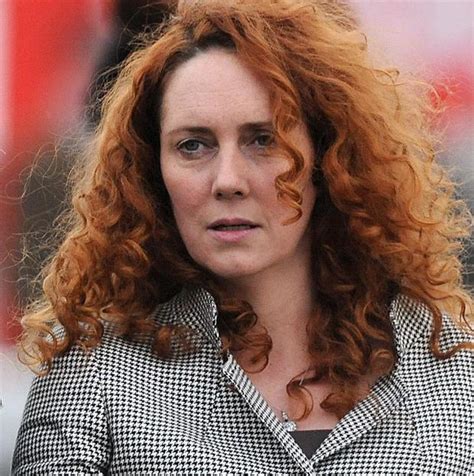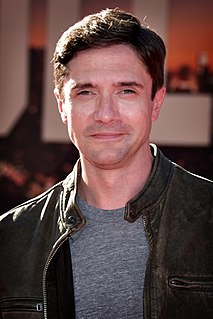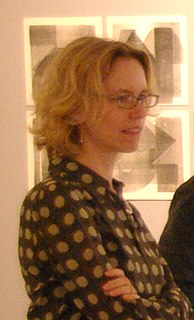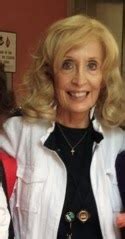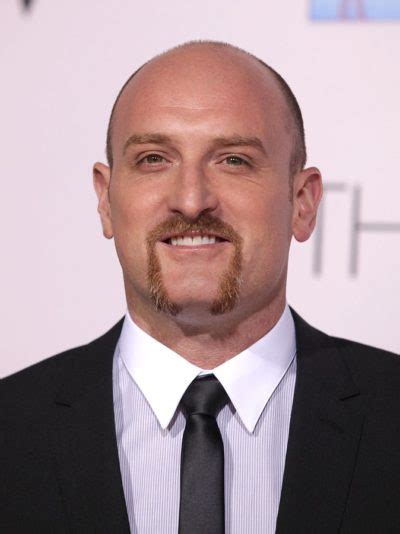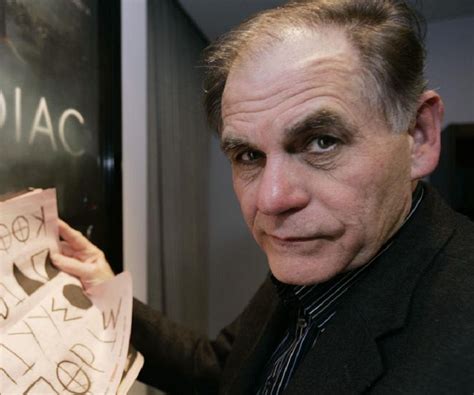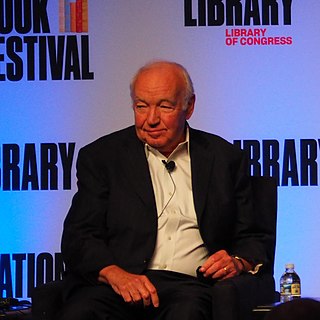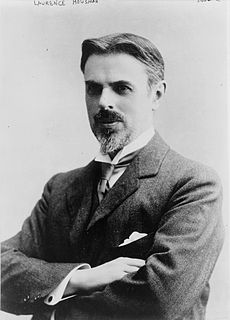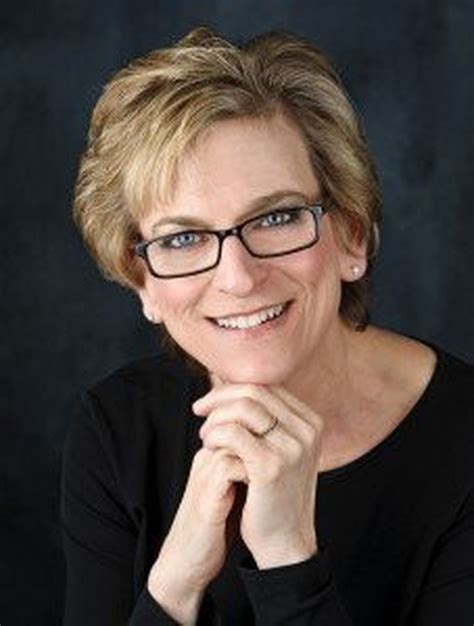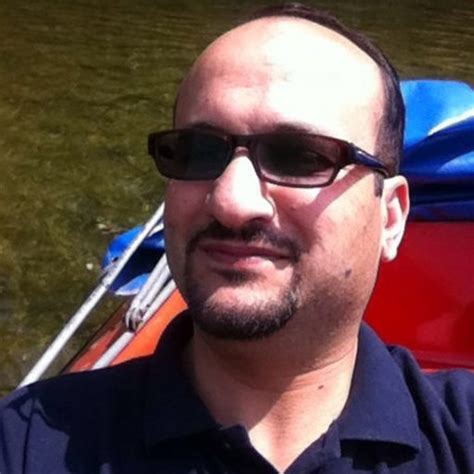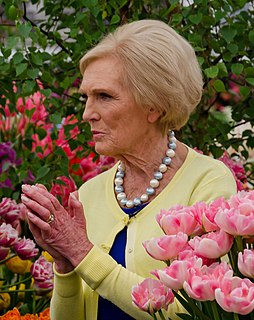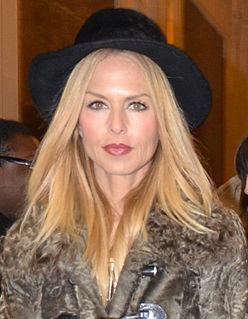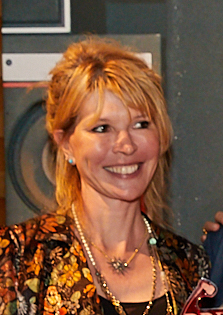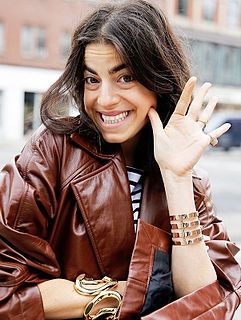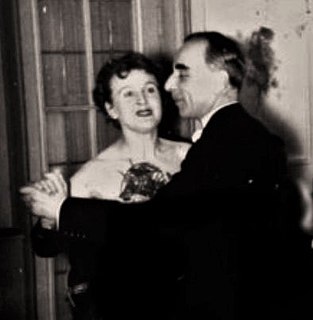Топ-1200 писем в редакцию: цитаты и высказывания
Изучите популярные цитаты из «Письма в редакцию» .
Последнее обновление: 26 ноября 2024 г.
Я думаю, есть много пользы в том, чтобы позволить людям высказаться. Когда я работал в Manchester Evening News, мы получали по 500 писем в день, и частью моей работы как редактора было их редактирование. И я подумал, что это одна из лучших вещей в газете, и она была учреждена редактором, известным как Большой Том, который сказал: «Это голос народа». И он был совершенно прав.
Я понял, насколько ценны искусство и практика написания писем, и как важно напоминать людям о том, каким сокровищем могут быть письма — рукописные письма. В нашу одноразовую эпоху быстрых телефонных звонков, факсов и электронной почты очень легко никогда не найти время для написания писем. Очень жаль историков и всех нас.
Это редактор. Он пытается придумать слово. Он упирается ногами в стул, как редактор; тогда он может думать лучше. Меня это мало волнует; его уши не похожи; Тем не менее, редактор предлагает звук Эдварда, и он подойдет. Я мог бы сделать его лучше, если бы у меня была модель, но я сделал это по памяти. Но это не имеет особого значения; все равно они все похожи. Они тщеславны и беспокойны, и не платят достаточно.
Одна из хороших вещей в том, что отношения между режиссером и редактором раньше были более спорными. Студии раньше оставляли режиссеров в покое во время процесса постпродакшна, а теперь они добиваются своего. Таким образом, режиссер и редактор заканчивают тем, что объединяются против студии, чтобы бороться с тем, что они делают, и вы теряете творческий потенциал. напряженность, которая раньше была между редактором и режиссером.
Я получаю письма от многих людей. Иногда это приятно, с письмами от детей или от родителей детей, которые хотят стать теннисистами, но я также получаю расистские письма. Очень больно получать что-то подобное, потому что ты к этому не готов. Вы думаете про себя: «Это действительно плохо». Но я понимаю, что есть такие люди.
Той весной я написал огромное количество писем: одно в неделю Наоко, несколько Рэйко и еще несколько Мидори. Я писал письма в классе, я писал письма за своим столом дома с Чайкой на коленях, я писал письма за пустыми столами во время перерывов в итальянском ресторане. Как будто я писал письма, чтобы скрепить воедино осколки моей рушащейся жизни.
Мой отец оказывает на меня самое большое литературное влияние. Недавно я просматривал его письма. Он служил в Национальной гвардии, когда я был ребенком, и всякий раз, когда он уходил, он писал мне. Он писал мне письма на протяжении всего колледжа, и мы до сих пор переписываемся. Его письма и письма моей матери — одно из сокровищ моей жизни.
Я обнаружил, что больше играю для редактора, потому что на телевидении все быстро меняется, поэтому вам нужно стараться выглядеть как можно более неистовым, повторяя при этом свои движения, чтобы вы давали редактору больше возможностей врезаться в сюжет. разные приемы. Если вы настолько сумасшедший, что сидите в одном дубле и стоите в другом, монтажер может выбрать только тот или иной дубль. Но если вы можете снова и снова влезать в одно и то же место, вы даете им больше возможностей для выбора.
Мое последнее замечание о том, как начать писать: сначала сделайте что-нибудь, хорошее или плохое, успешное или нет, и напишите об этом, прежде чем обращаться к редактору. Лучшее знакомство с редактором — это ваша собственная письменная работа, опубликованная или нет. Я путешествовал по Сибири на свои деньги еще до того, как встретился с редактором; Свою первую книгу «Сибирская заря» я написал, не зная ни одного редактора, не зная, как издать ее. Мне пришлось рискнуть жизнью в Конго, прежде чем продать свой первый журнальный рассказ. Если в вас живет бунтарский дух, вы не будете ждать приглашения, вы вторгнетесь и не возьмете заложников.
Что отличает хорошего редактора, так это держаться подальше, насколько это возможно. ... Если вы DC, или Marvel, или Dark Horse, или БУМ! редактор, который поручает работу, то, если вы с самого начала выполняли свою работу должным образом, то нанятым вами людям можно доверять в том, что они делают то, что они делают, без чрезмерного вмешательства. Идеальная ситуация, к которой вы стремитесь как редактор, — подготовить совместную творческую команду к моменту, когда их работа без особых усилий будет проходить через производство, и самое большее, что вам нужно сделать, это исправить орфографию и запятые.
Большинство открытых писем, несомненно, исходят из хорошего источника, вызванного неподдельным возмущением, беспокойством или заботой. Следует признать, что в большинстве открытых писем есть и самодовольство: ощущение, что мы, как писатели таких писем, знаем лучше, чем те, кому эти письма адресованы. Мы будем делиться с вами своим мнением, с вашего согласия или без него.
Для тех из вас, кто все еще верит в пасхального кролика и в то, что письма, которые появляются в вашей местной газете, исходят от неравнодушных граждан, которым действительно не все равно, у меня есть тревожные новости. По крайней мере, в политике большинство писем, которые публикуются на странице писем в редакцию, исходят от предвыборных штабов кандидатов.
Четыре. Вот что я хочу, чтобы вы запомнили. Если вы не донесете свою идею в первые четыре минуты, у вас ничего не получится. Четыре предложения в абзаце. Четыре буквы в слове. Все самые важные слова в английском языке состоят из четырех букв. Дом. Любовь. Еда. Земля. Мир. . Я знаю, что у мира пять букв, но любой чертов дурак знает, что должно быть четыре.

